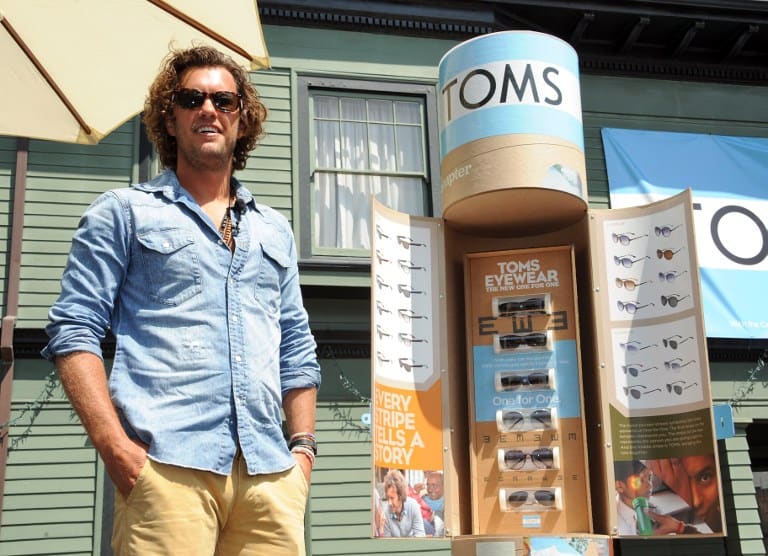You know an idea has reached its tipping point when posting something against it on Facebook gives you a funny feeling of inadequacy. Like when someone openly doesn’t support recycling, calls killing a bull entertainment, or defends eating junk food every day. Maybe it was a position people could defend in the past, but it reaches a point where public opinion shifts; more and more people take a new stance on it, until that new stance becomes the new norm.
In Costa Rica that has happened with many topics: from the spending spree of the public sector, to the protection of turtles’ nests, to the right of women not to be yelled at in the street because they are wearing skirts. One such topic, and one that may have great potential to improve everyone’s well-being, is the idea that businesses can be driven by a social purpose. During a recent conversation with a government official overseeing innovation and entrepreneurship programs, one of the main characteristics he pointed out about Costa Rica’s nascent startup community is that it is very socially minded. This is true. Many of the projects I came across during the last Startup Weekend were social in nature – so social, as a matter of fact, that the entrepreneurs had lost sight of profitability.
This bias is not exclusive to these aspiring entrepreneurs. Somewhere entrenched in our understanding of what being social means is the notion that if you pursuit a social or environmental goal, then you must be a nonprofit. This happens perhaps because all the organizations we have come across that contribute to a social cause are foundations, government agencies, or the corporate social responsibility wing of companies.
In spite of our bias, addressing a social or environmental challenge and being profitable are not mutually exclusive, and more and more companies are proving this. These companies have business models designed to provide a product or service that addresses a social challenge but with all intentions of being profitable. One of the best-known worldwide is Toms Shoes, which through cost reduction and great brand management has been able to fulfill the promise that every time you buy a pair of their shoes, somebody in dire need will receive a pair too. Some examples in Latin America include Diseclar from Cali, Colombia, a company that turns waste from sugar cane and coffee plantations into low-cost furniture, or Conuco Solar, a Dominican Republic start-up that uses solar energy to tackle the constant electric outages in some neighborhoods.
The importance of this shift in our conception of how social impact can be achieved while being profitable is paramount. Traditionally, nonprofits have struggled to keep their mission alive through grants, government aid and donations, but this has proven to be unsustainable, since it falls outside the control of the organization and responds to changing circumstances. I’ve personally seen many nonprofits go through cycles of high impact and then years of merely staying alive because government or international cooperation funds have shifted priorities.
If we can conceive that profitability and social impact can be baked into our business models, then a powerful combination is achieved: the sustainability of the business, and as a consequence, social or environmental impact that is no longer entirely tied to external stakeholders but rather becomes a matter of how the business is run, like every other firm. Profitability not only fuels growth, maximizing impact, but it also creates enough incentives for investors and top talent to be attracted into the business – players who might not have under other circumstances become involved with anything social.
The balancing act between profits and social impact is not an easy one to achieve. In defining the category of social entrepreneurship or social investment, many gray areas have emerged, and sometimes it’s hard to determine when a venture is truly social. However, the tide seems to be turning, and more entrepreneurs, investors, competitions and funds are turning their eyes to the idea that you can do well while doing good.
Read more “Doing Business columns” here.
Randall Trejos works as a business developer, helping startups and medium-sized companies grow. He’s the co-director of the Founder Institute in Costa Rica and a strategy consultant at Grupo Impulso. You can follow his blog La Catapulta or contact him through LinkedIn. Stay tuned for the next edition of “Doing Business,” published twice-monthly.






